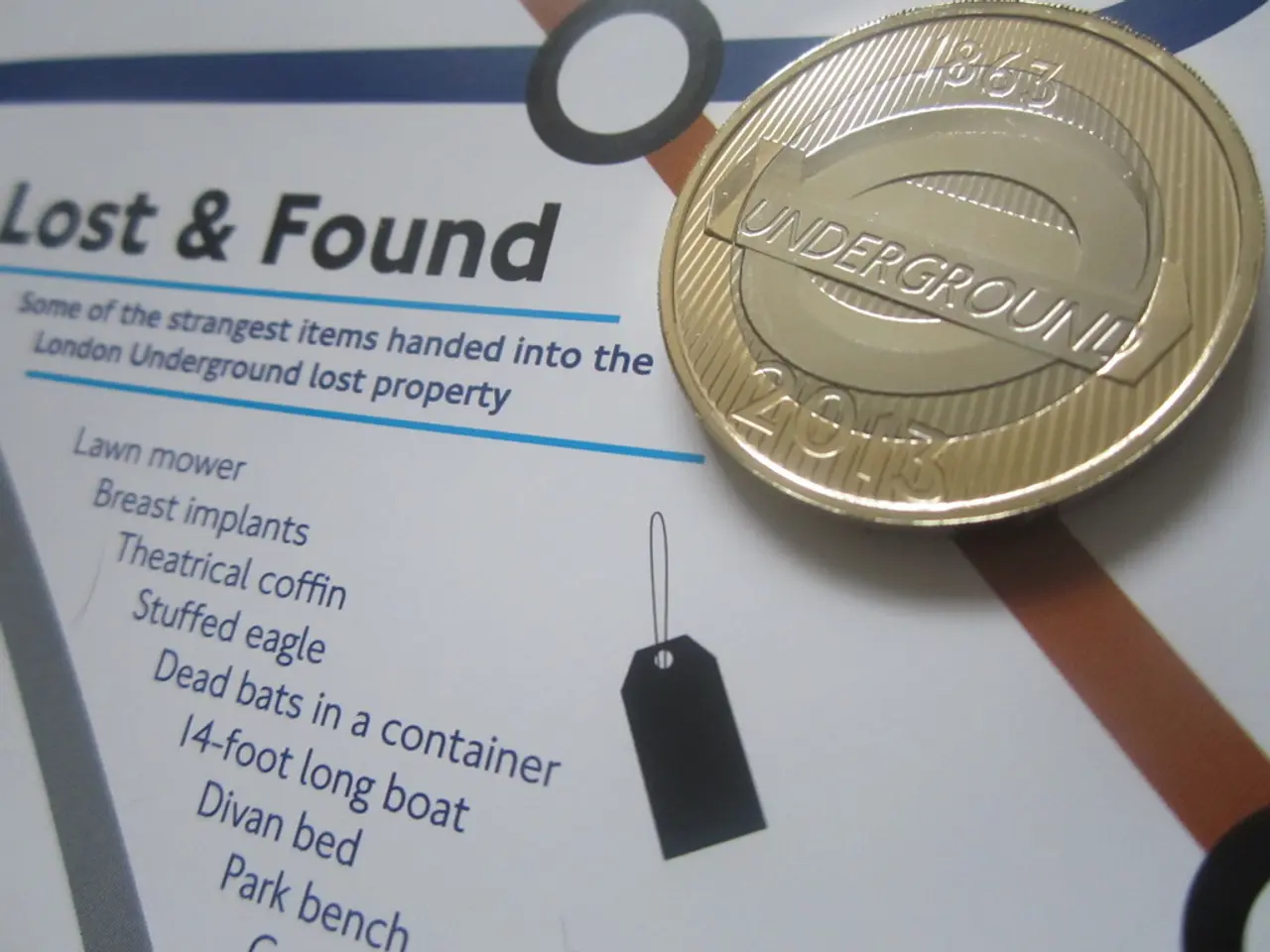Approximately 24.7 billion euros worth of purchasing power is being eroded for German savers.
In the first half of 2021, German savers faced losses of 24.7 billion euros in real interest earnings, according to data published by the financial portal Tagesgeldvergleich.net. This loss is a result of the gap between nominal interest rates on savings accounts and the positive inflation rate in Germany since January.
The data from Tagesgeldvergleich's interest rate radar shows that the nominal interest earnings for savings deposits for the first half of the year were calculated at around 680 million euros. However, when accounting for inflation, these earnings turn into losses.
Experts at Tagesgeldvergleich have predicted that for the whole of 2021, the expected real interest loss for Germans on their savings deposits will be approximately 49.45 billion euros. This reflects the trend of low real interest earnings, which is likely to persist in the second half of 2021.
Germans had invested around 7% more capital in savings deposits by the end of June 2021 compared to mid-2020. The total deposits have risen to around 2.6 trillion euros by the end of June. The increase was particularly strong for demand deposits, which are less well-remunerated than time deposits.
The interest rates that private households receive on their savings deposits have continued to decline. Savings books and time deposits with terms up to two years, as well as those with terms more than two years, have negative real interest rates in the first half of the year.
Despite the losses, Germans had continued to invest more in savings deposits. Daniel Franke, the operator of the financial portal, has stated that for the second half of 2021, the nominal interest income is expected to be approximately 1.34 billion euros.
Per capita, Germans are expected to lose around 595 euros in purchasing power due to low interest on their savings for the year 2021. It is important to note that this statement is a prediction and not a factual occurrence.
The inflation rate in Germany, the change in consumer prices compared to the previous year, has turned positive again since January. Negative real interest rates are expected to be abundant in 2021 due to this positive inflation rate.
The information provided is from the financial portal Tagesgeldvergleich.net.
Other personal-finance experts have suggested that Germans might consider diversifying their investments in the second half of 2021 to offset potential losses in savings deposits. The low real interest earnings on savings deposits in the first half of 2021, combined with the positive inflation rate, have affected other areas of finance for many businesses and individuals.




